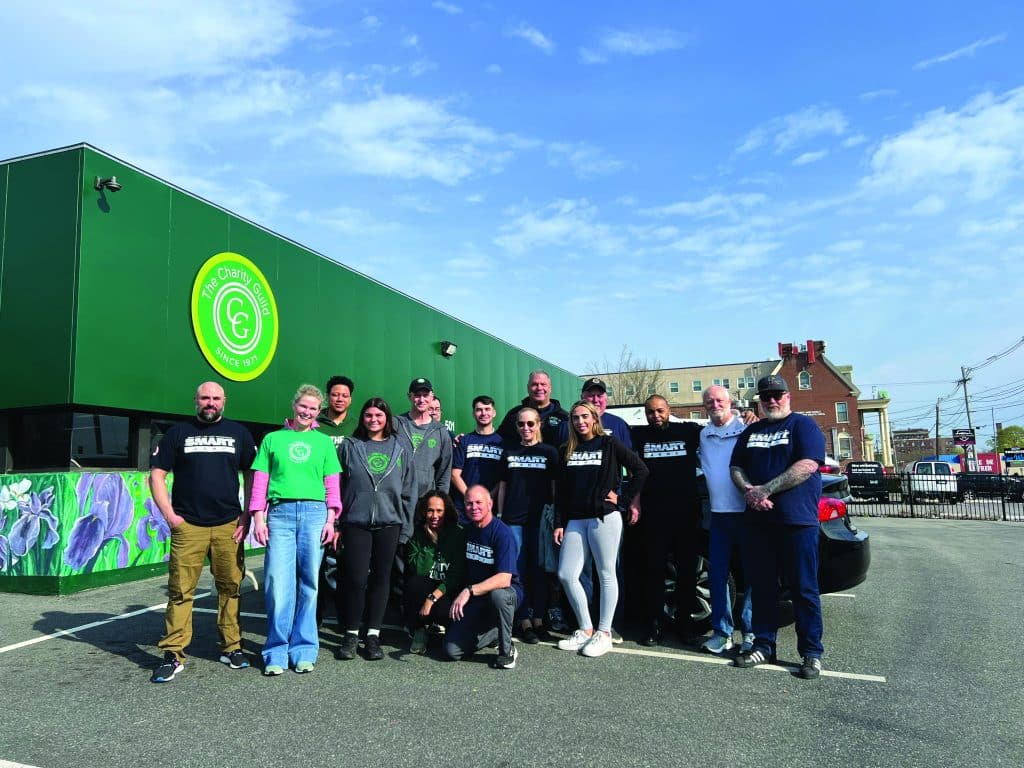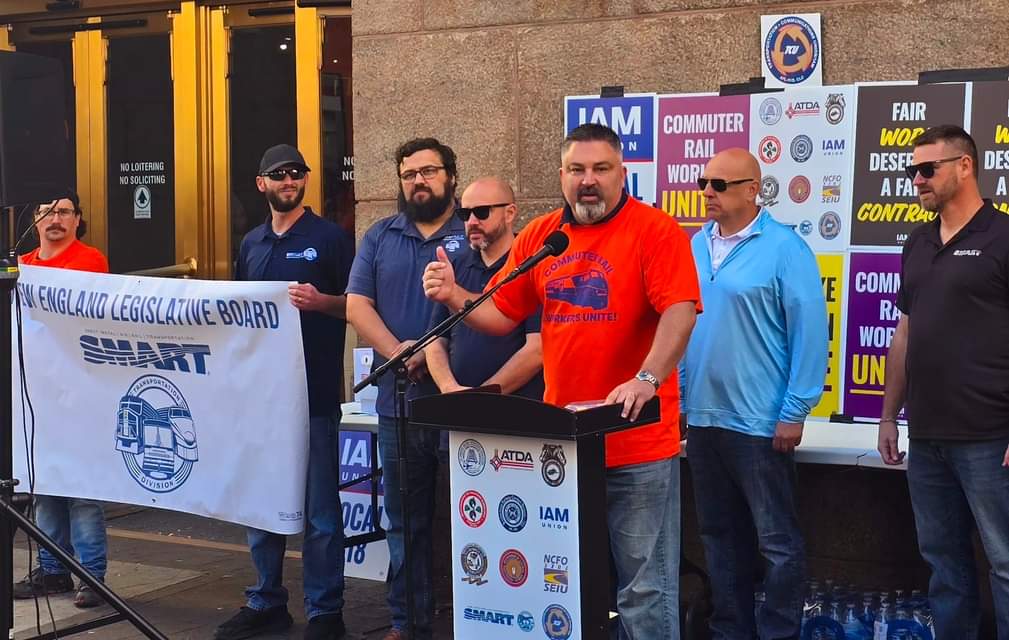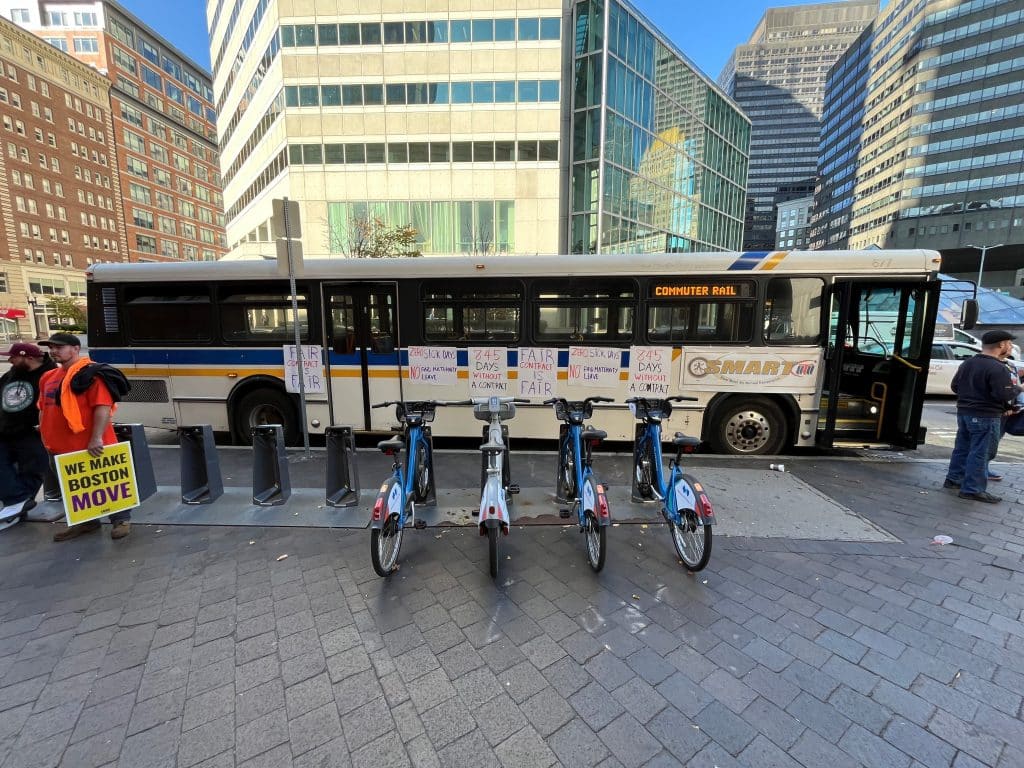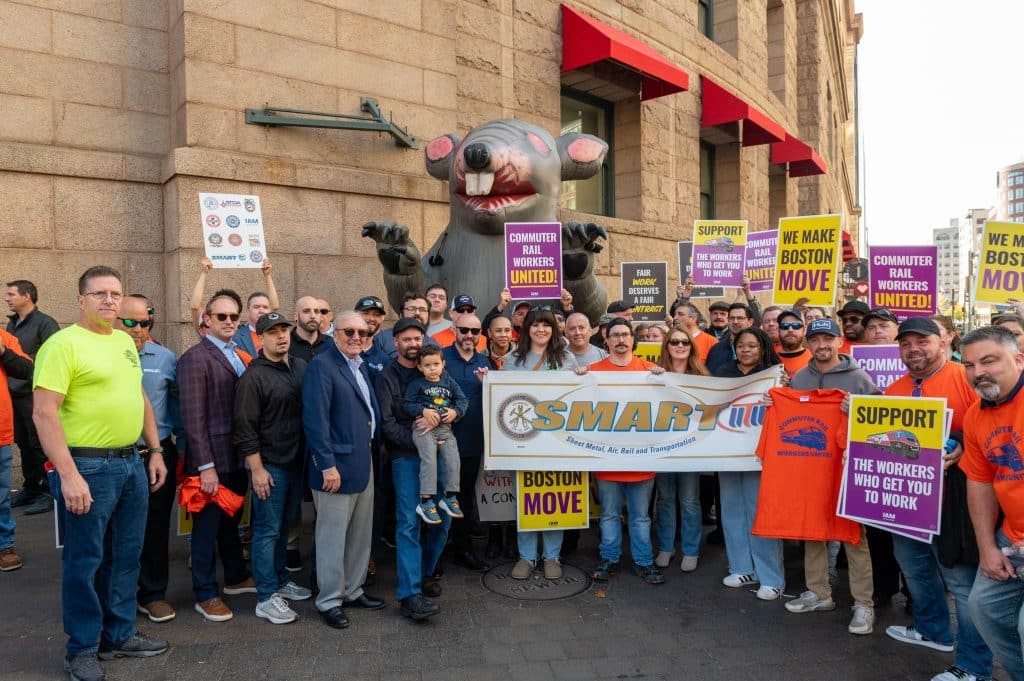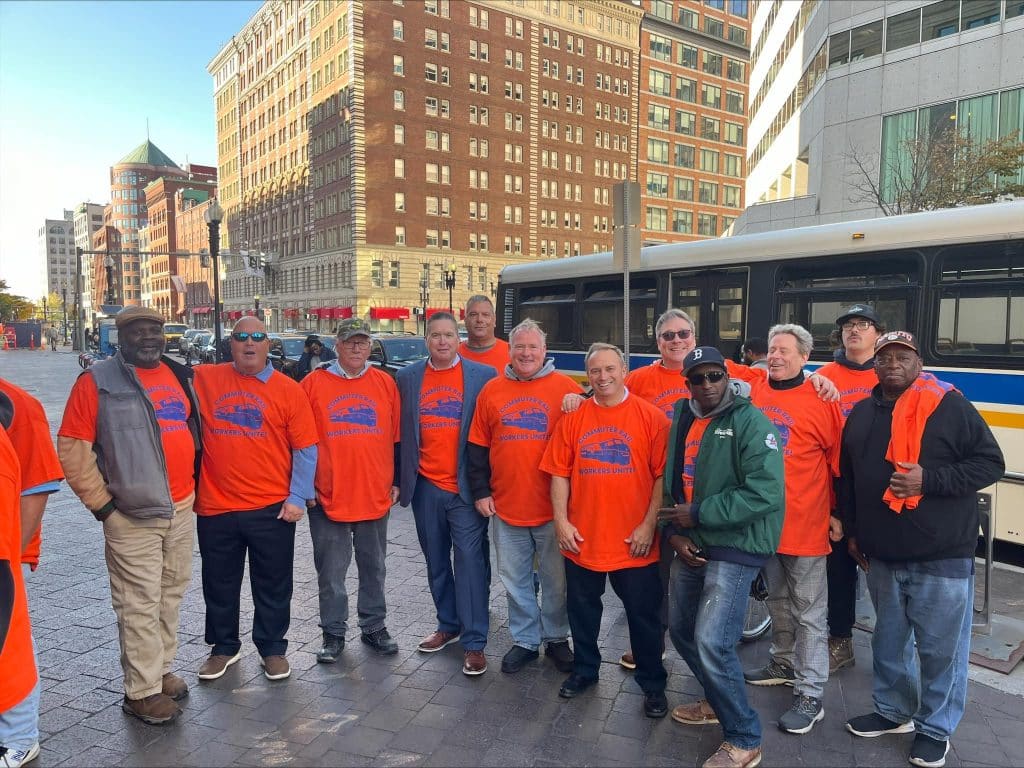Prevailing wage is the gold standard in construction — the standard that SMART local unions fight for on every jobsite, in every community across North America. That’s because, as SMART Northeast Regional Council President Bob Butler put it, “prevailing wage is basically our [union-negotiated] wages and benefits.”
In other words, on projects that require prevailing wage, contractors need to provide workers with a compensation package that’s often established by what unions win for their members. Not only does this improve life for working families in communities nationwide; it evens the playing field for union signatory contractors, which already meet those standards, when bidding on projects. That means more job opportunities for SMART sheet metal workers.
But across the country, there has long been a loophole that allows bad-faith employers to get out of paying their workers what they deserve: offsite fabrication in the shop.
“On prevailing wage jobs, when you’re working on the jobsite, you get prevailing wage. But in the shop, you do not get prevailing wage,” Butler said, even when the workers in the shop are fabricating materials for a prevailing wage job. “When we compete against the open [nonunion] shop, they don’t have to pay wages and benefits … so it’s not a level playing field.”
The end result? Unionized contractors lose out on work, and union members lose out on jobs.
“[Bad-faith companies] cheat their employees in the shop, they don’t pay community standards, they don’t pay wages and benefits as we do in our shops, and that goes for the electrician, the plumber and also the pipefitter,” Butler explained.
Fighting for SMART members and working families
In an effort to close the offsite fabrication loophole, improve area working conditions and win jobs for SMART members, local unions across the country have taken the fight to state government. That has led to real victories for sheet metal workers. In 2025 alone, New Mexico, Connecticut, Oregon and New York all passed laws that extend prevailing wage to include offsite fabrication work.
Now, Butler said, the SMART Northeast Regional Council is working to make sure Massachusetts is next.
This is especially important in 2026, he explained: The state is anticipating an increase in public works projects — which will pay prevailing wage — at a time when the private sector is “drying out, work-wise.”
“A lot of the work that we do in our shops, we used to do in the field, on the jobsite,” Butler said. “Forty percent of the work on a public school or a [municipal project] is done in the shop.”
Without a law that fixes the offsite fabrication loophole, that work — even on buildings such as public schools — can be taken on by employers who don’t properly compensate their workers. That’s why Northeast Regional Council officers are working hard, day in and day out, to push their bill to pro-labor Governor Maura Healey’s desk.
“We’re making sure we’re up at the statehouse every couple weeks and knocking on the door of our legislators, just trying to get this bill pushed forward,” Butler declared. “Union leaders know that we have to do better and get bills passed that are going to protect us moving forward with the offsite fabrication.”
